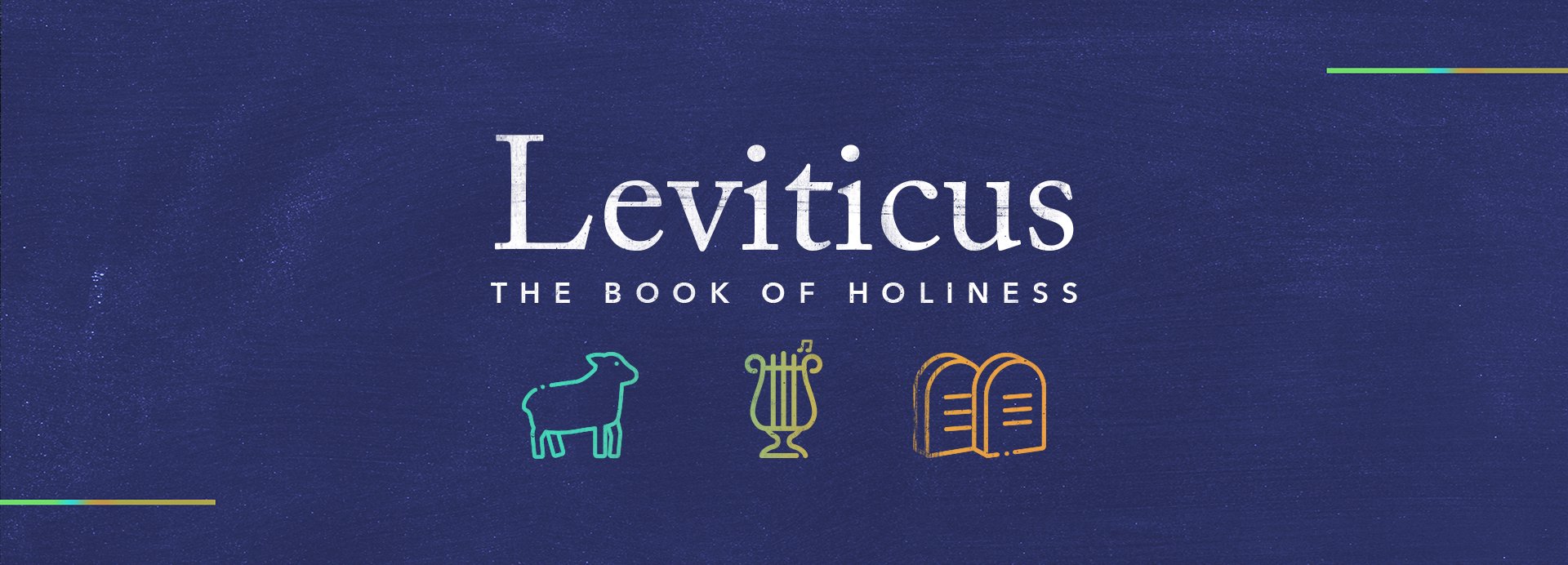The Grain Offering
February 20, 2022 • Connor Kraus • Leviticus
Connor continues our study of Leviticus with a look at the “grain offering.” Sacrifices and offerings were long-held cultural traditions in the time of Leviticus. God co-opted these pagan practices, turning them into something He could use for His glory. Every time God asks for an offering, He asks for the very best. Whether it was the uncooked offerings of fine flour, cooked flour with no yeast (which brought impurity to the offering), or the firstfruits offering (the first and best of the crop), offerings were a recognition that every good thing we have comes from God. We are merely the stewards of the things He gives us. Today, our sacrifice is shown in how we live our lives. When we reflect on the love of God, it will motivate us to offer the best of our lives and what we have to Him. This can include how we spend our time, how we handle our relationships, how we fill our calendar, and how we manage our finances. God deserves your best. In order to give Him your best, what in your life must change?





